Aeon Video has a monthly newsletter!
Get curated editors’ picks, peeks behind the scenes, film recommendations and more.
Death is a trip – how new research links near-death and DMT experiences
Over the past several decades, scientists have began to better understand dying as a biological process – whether it happens over the course of weeks or appears to occur in an instant. In this short video, the UK filmmaker and presenter Max Tobin deploys a heavy dose of gallows humour to investigate a groundbreaking series of studies that may offer hints at what the stage between ‘clinical death’ (cessation of vital functions) and ‘brain death’ (cessation of brain activity) actually feels like. In particular, he looks at the biological and experiential similarities between ‘near-death experiences’ and taking the hallucinogenic drug DMT, in discussion with Chris Timmermann of the Psychedelic Research Group at Imperial College London, who led the research.
Video by BBC Reel
Writer and Presenter: Max Tobin
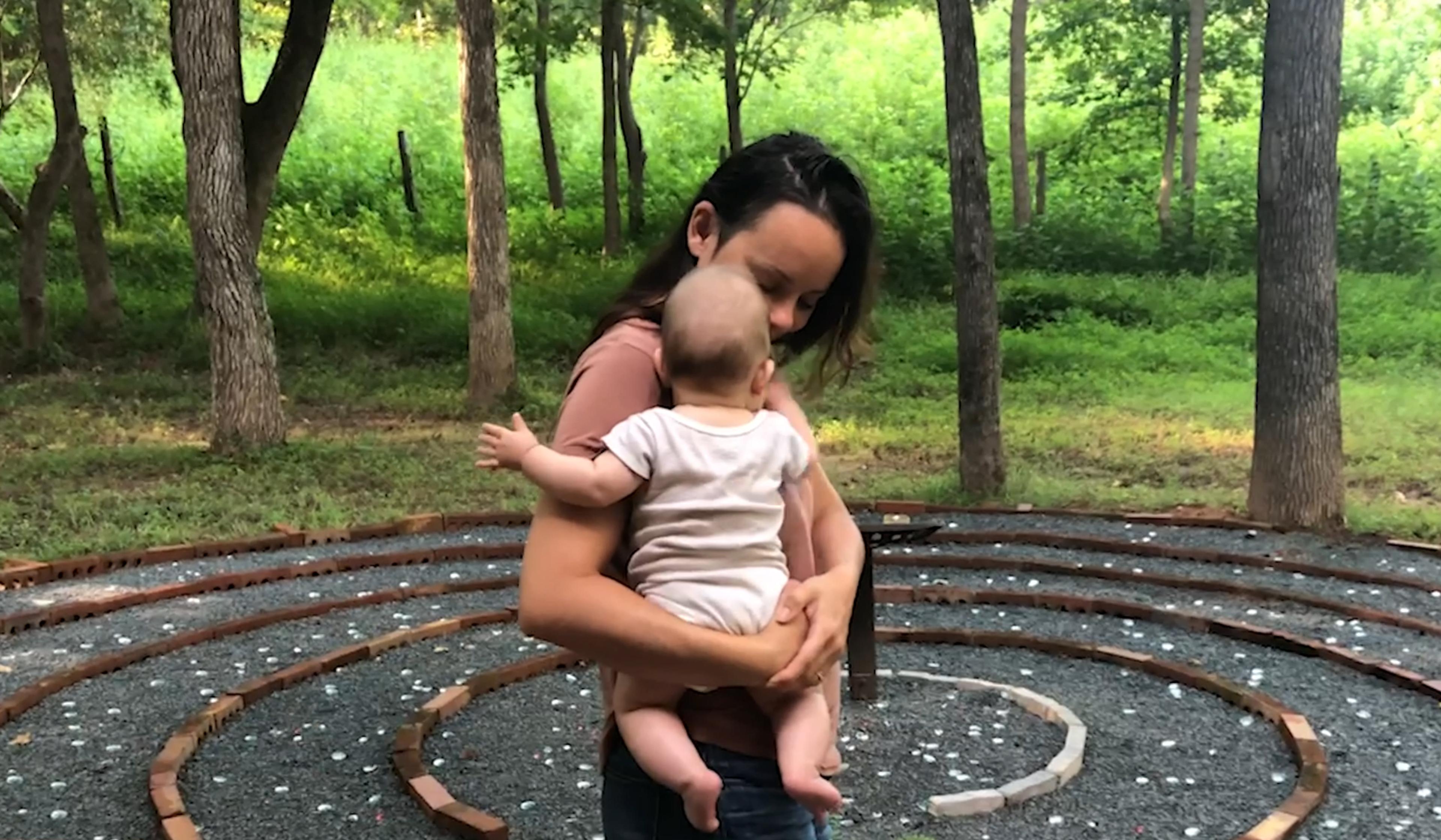
video
Biography and memoir
As her world unravels, Pilar wonders at the ‘sacred geometry’ that gives it structure
20 minutes
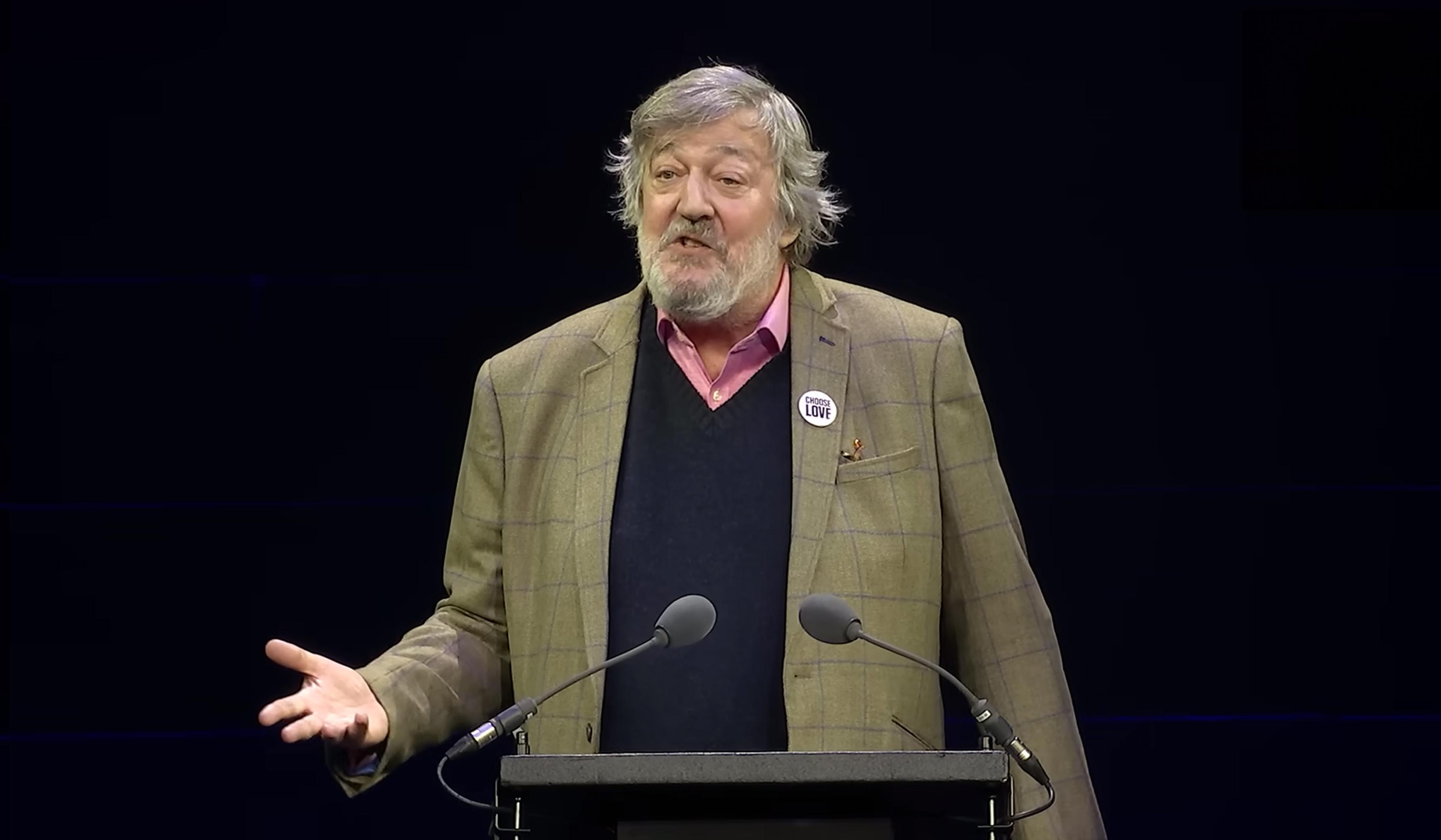
video
Meaning and the good life
Why strive? Stephen Fry reads Nick Cave’s letter on the threat of computed creativity
5 minutes
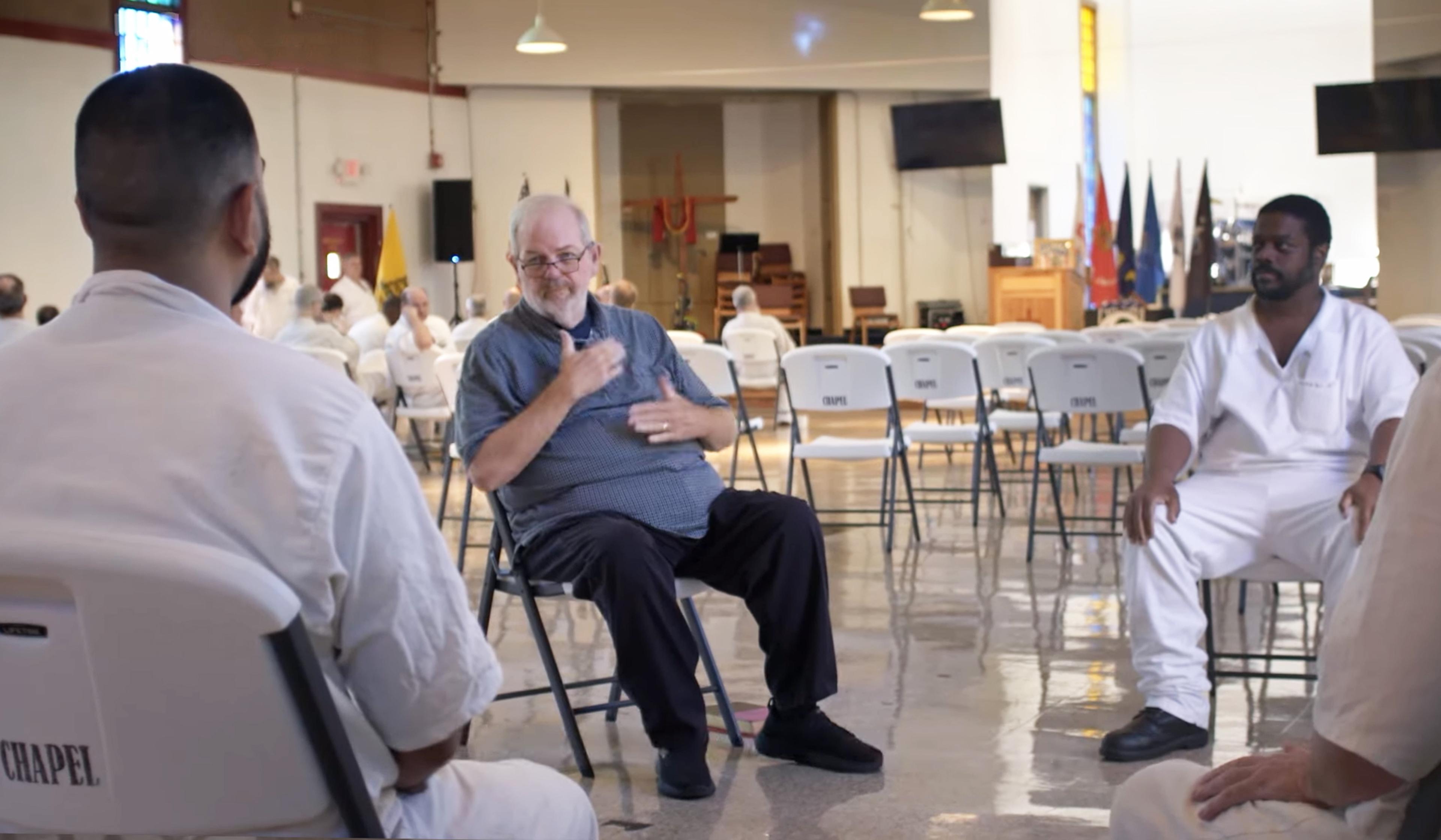
video
Human rights and justice
‘I know that change is possible’ – a Deaf prison chaplain’s gospel of hope
18 minutes

video
Physics
Find the building blocks of nature within a single, humble snowflake
4 minutes
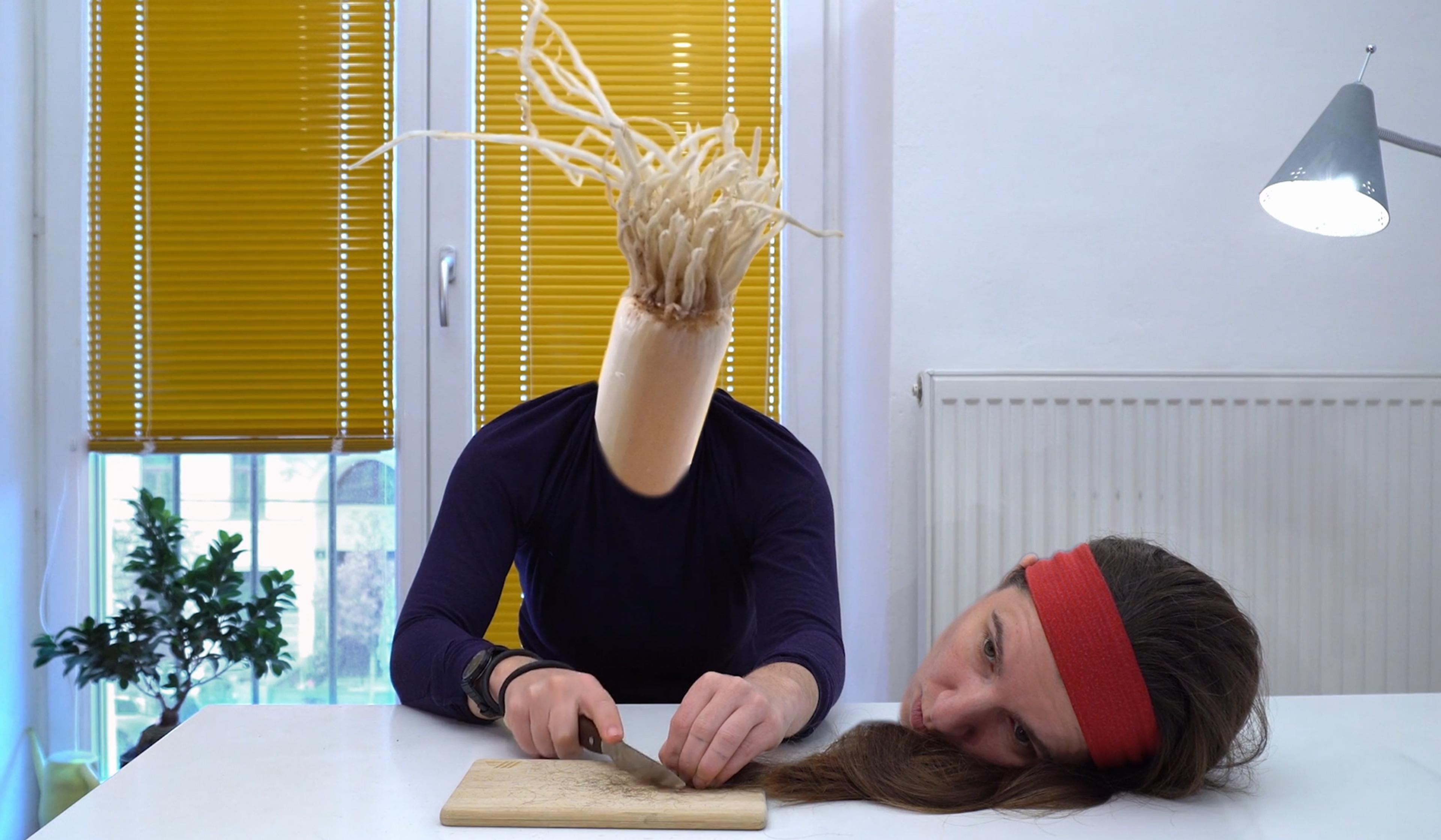
video
Technology and the self
An artist swaps her head with everyday objects in a musing on consumerism
4 minutes
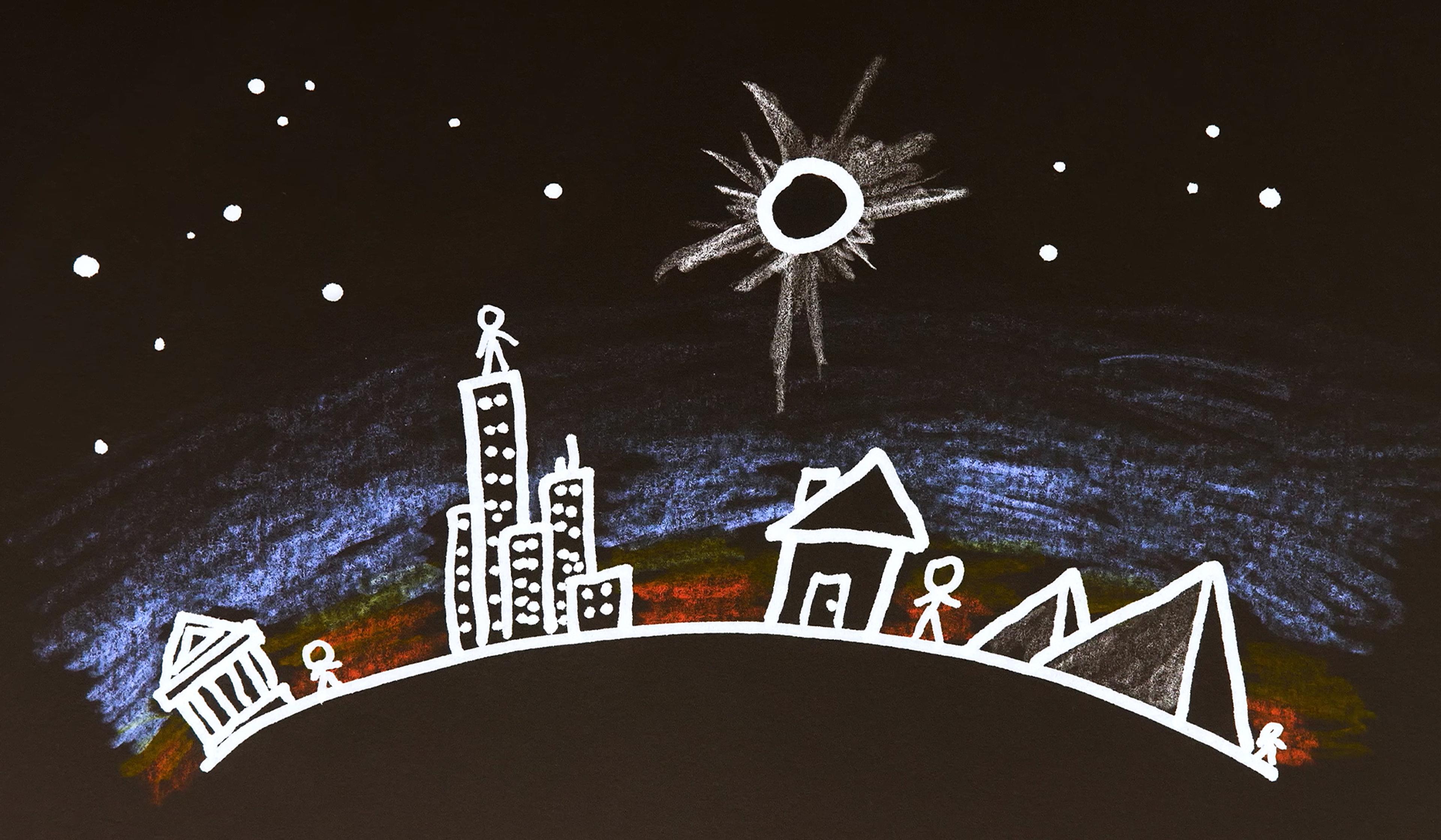
video
Physics
Why the golden age of total solar eclipses is already behind us
5 minutes
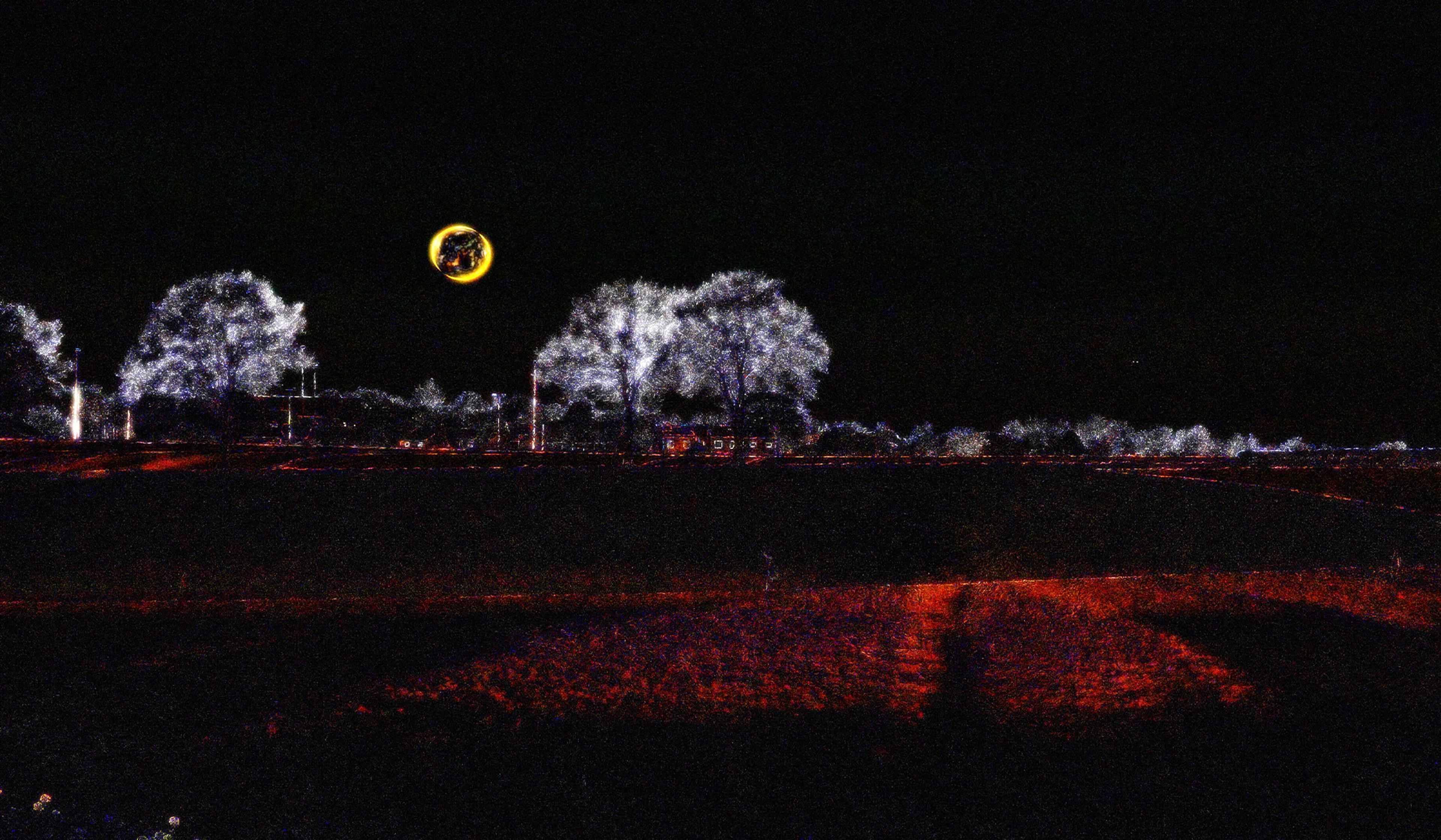
video
Film and visual culture
An augmented-reality filter reveals the hidden movements all around us
7 minutes
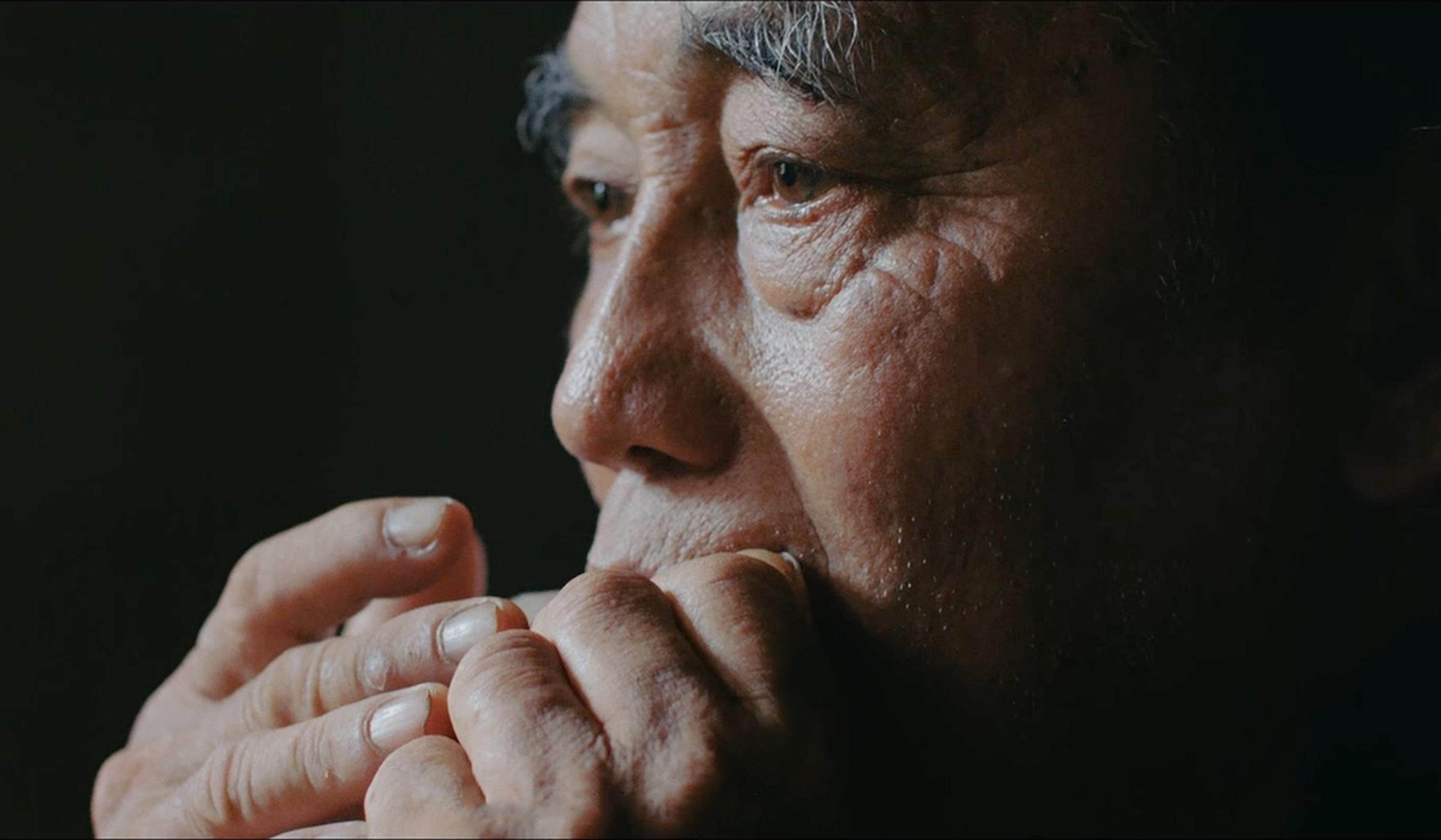
video
Language and linguistics
Messages born of melody – hear the whistled language of the Hmong people
18 minutes

video
Film and visual culture
Stop-motion origami unfurls in a playful exploration of how senses overlap
3 minutes